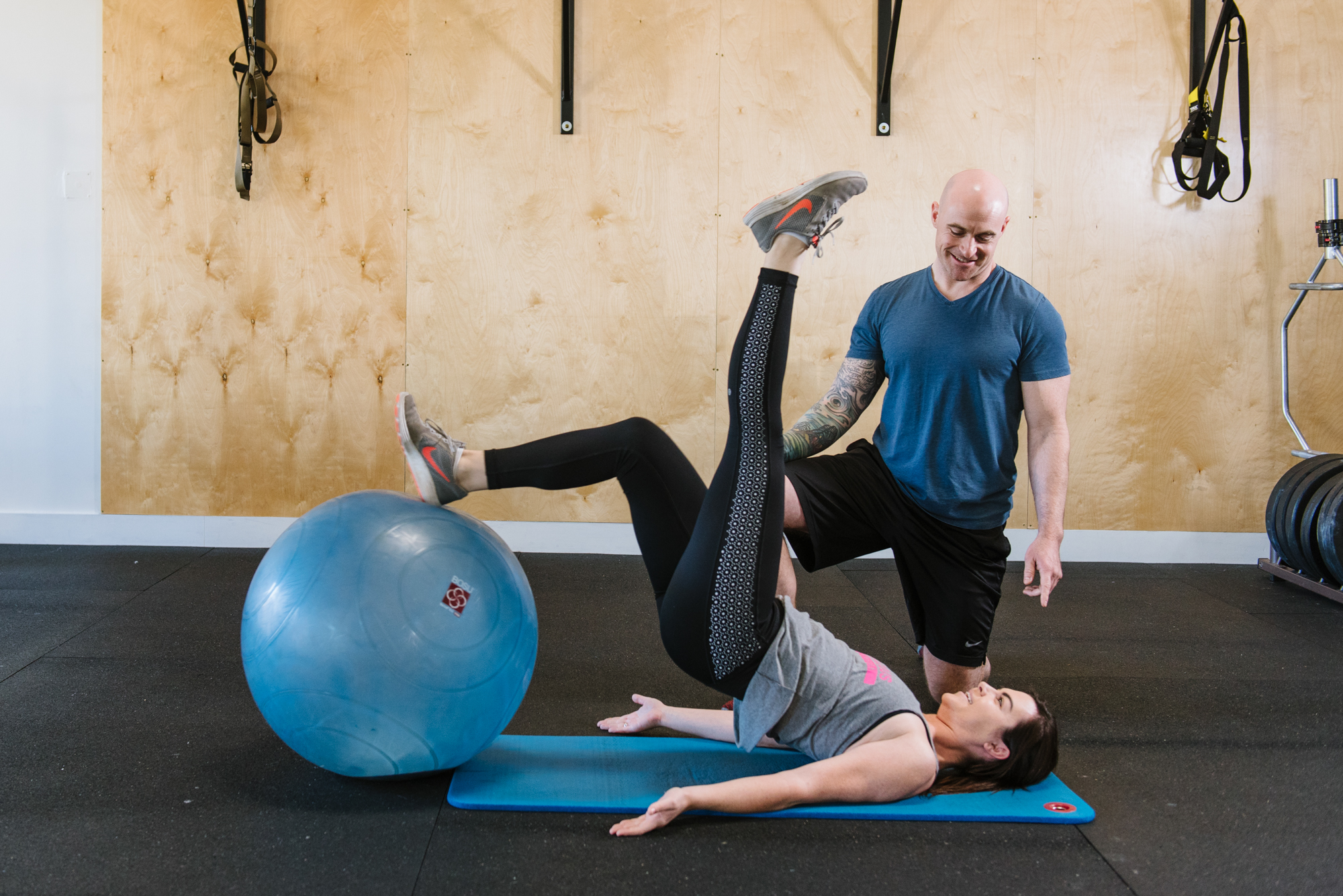Entering a career as an apprentice after trade school, acquiring a paid internship after graduating from college, or starting a company as a self-employed proprietor or independently run business are impressive accomplishments in one’s career. The substantial investment of time and energy required to develop a valuable skill set and forge a life where talent and passion can be applied to create a new life is a rewarding and fulfilling accomplishment. After a solid position in the workforce has been established, a sense of comfort and stability in one’s path toward making a living in the profession they feel the most comfortable with can be a significant part of one’s life. Sometimes, we forget about the amount of time and energy it takes to reach our current position in our career path. Five, ten, or even twenty years isn’t unusual for people to finally reach their desired level of comfort in their careers. Even after that amount of time, people continue to strive for new professional and personal goals.
The skill sets that offer optimal career outcomes, such as promotions within a workplace or an increase in business success, are usually due to the mastery of the skills necessary to excel and produce exceptional outcomes in that line of work. Years of performing the same duties, continuously troubleshooting and resolving problems, and being immersed in a specific job skill produce the ability for people to conduct successful job tasks instinctually. For example, general physicians can diagnose symptoms and conditions due to their rigorous educational training throughout medical school and residency. They can treat patients and understand health concerns more quickly than the average person because they’ve practiced that skill set for a significant portion of their lives. Law professionals, such as police officers and attorneys, are another prime example of individuals who have honed their job-specific skills to stay up to speed on the infrastructure of various legal structures throughout society. Their understanding of the logistics involved in society’s legal structure enables them to speak eloquently and fluidly to the general public, educating them about legal topics without hesitation. Advanced skill sets, such as practicing medicine and navigating legal logistics, take years to master. Due to the in-depth studying and diligent efforts invested into their work, making decisions in what appears to be intimidating and complicated to the general population is second nature to doctors, lawyers, and police officers. Could this process of instinctually understanding how to skillfully conduct work and resolve issues be applied to forging a solid foundation of lifetime fitness as well? I’d like to raise my hand and say yes.
If a police officer, criminal defense attorney, or emergency physician were to call in sick one day, take a vacation, or take an extended personal leave, they could return to their jobs and perform the same set of tasks they did before their brief absence from their line of work. In what appears to be an intimidating and stress-inducing set of job duties to the general population, the years of experience and study by advanced legal and healthcare practitioners allow them to pick up where they left off in their work duties and are akin to riding a bike after a brief absence from their line of work.
Comparing this to the world of lifetime fitness isn’t much different. That is, if there is a strong foundation of eating healthy, taking time out for recreational physical activity, and ensuring to achieve one to three days a week of strength training, flexibility and mobility work, and injury prevention training. What would happen if we spent the same amount of time on reinforcing our knowledge of exercises that are the best for our bodies and ensuring we consistently hone our skills in how to exercise utilizing tactics that are the best suited for our bodies, similar to the way a doctor, attorney, or street cop hone their skills? It should go without saying that many more people would have a lower likelihood of metabolic disease, be happier, and be more productive throughout their everyday lives. Additionally, having a body with an efficient amount of lean muscle mass, less fat mass, and less pain, along with an increased bandwidth in psychological and emotional well-being, could enable society and various workforces to operate at a higher level of productivity.
When advanced skill sets aren’t practiced, the quality of the subtle nuances of a particular skill is likely to diminish. To avoid the possibility of our health being hindered, it is essential to prioritize exercise and not let it fall to the back burner. If exercise isn’t adhered to consistently, an increase in subcutaneous fat mass, threats of metabolic diseases, or carrying emotional and psychological stress aren’t the only things that might affect our livelihood. The very foundation and infrastructure of lifetime fitness efforts become hindered because regular exercise can quickly become a diminishing skill set if it’s not practiced consistently. Just as we show up to work at our jobs and try to avoid calling in sick, ensuring to plan out consistent exercise shouldn’t be treated any differently. Adherence to a consistent, safe, and effective exercise program should be viewed as part of our careers, and we should continually hone our skills in exercise so that we can not only thrive in our careers but also enjoy the lives we’ve worked so hard for to create a lifelong future we can thrive in.
Sean McCawley, the founder and owner of Napa Tenacious Fitness in Napa, CA, welcomes questions and comments. Reach him at 707-287-2727, napatenacious@gmail.com, or visit the website napatenaciousfitness.com.

